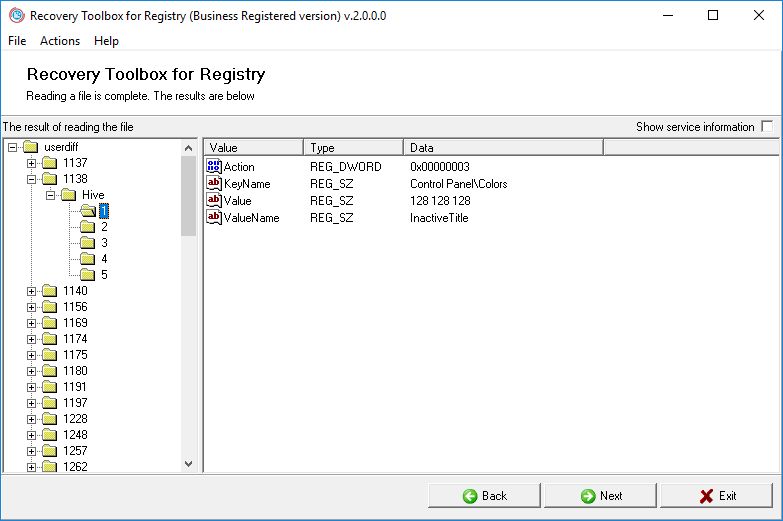

Panel Member UK Research Evaluation Framework 2021 - Geography and Environmental Studies UoA14.Ĭhair, European Research Council Panel (SH2), 2014-2018. Lifetime achievement award on Human Dimensions of Global Change, Association of American Geographers, 2018. ISI Highly Cited Researchers, from 2015 to 2021 recognised as the leading 1% in the disciplinary field of social science. Citation and acceptance speech.Įlected Fellow of the Academy of Social Sciences in 2019. External recognition and service:Īwarded BBVA Frontiers of Knowledge Award in climate change (with Karen O'Brien and Ian Burton), 2020.

His research has been supported by ESRC, NERC, EPSRC, National Institute for Health Research,the Wellcome Trust, the Leverhulme Trust, the MacArthur Foundation, UK Department for International Development, Department of Energy and Climate Change, Department of Environment Food and Rural Affairs, and the EU. He is on the Editorial Board of Global Environmental Change (having served as Editor from 2004-2013), Earth System Governance, Environmental Innovation and Societal Transitions, Humanities and Social Sciences Communications, Global Sustainability, Ambio and Ecology and Society. Neil served as Chair of the Board of Directors of the Beijer Institute of Ecological Economics at the Royal Swedish Academy of Sciences and serves on the International Scientific Advisory Committee of the Basque Centre for Climate Change in Bilbao. Neil acted as a Commissioner and author of the Lancet Commission Climate Health Commission, publishing '' Climate Change and Health 2015: Policy Responses to Protect Public Health' arguing for urgent action on climate change to maintain and enhance well-being. Neil led the chapter on Human Security and was a member of the core writing team for the Summary for Policy Makers for the Intergovernmental Panel on Climate Change Fifth Assessment Report Working Group 2 published in final form in 2014. Neil is a ISI Highly Cited Researcher in the Social Sciences, one of the few geographers whose work is widely cited across the disciplines. institutional and ecological economics.vulnerability and adaptation to climate change.He teaches, supervises graduate students, and researches in the areas of environmental geography, ecological and institutional economics, and global environmental change. The findings suggest that enhanced public health planning and interventions could focus on the precise practices and mechanisms that intersect to produce anxiety, stress, and their amelioration at individual and community levels.Neil Adger is Professor of Human Geography. The results show for the first time the diversity and intersection of pathways to wellbeing outcomes in the aftermath of floods. The mixed method study is based on data from repeated qualitative semi-structured interviews (n=60) and a structured survey (n=1000) with individuals that experienced flooding directly during winter 2013/14 in two UK regions.

It identifies key pathways to wellbeing outcomes that concern perceptions of lack of agency, dislocation from home, and disrupted futures inducing negative impacts, with offsetting positive effects through community networks and interactions. This study analyses the diverse processes that explain changes in wellbeing for those experiencing flooding. The interactions between flood events, their aftermath, and recovery leading to health and wellbeing outcomes for individuals are complex, and the pathways and mechanisms through which wellbeing is affected are often hidden and remain under-researched.


 0 kommentar(er)
0 kommentar(er)
